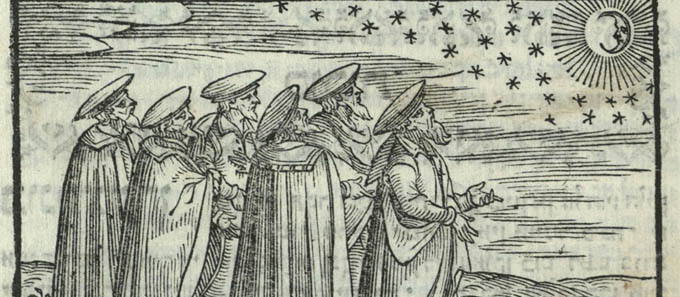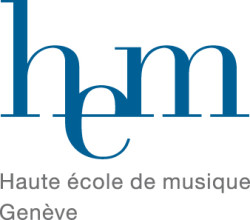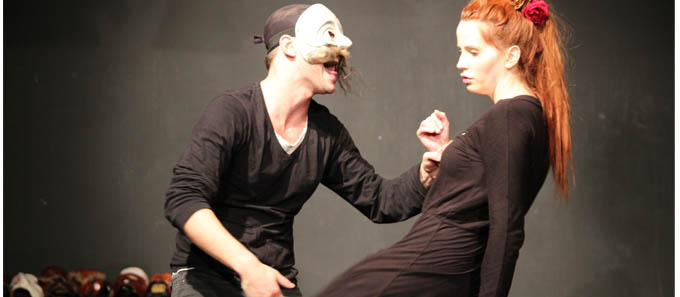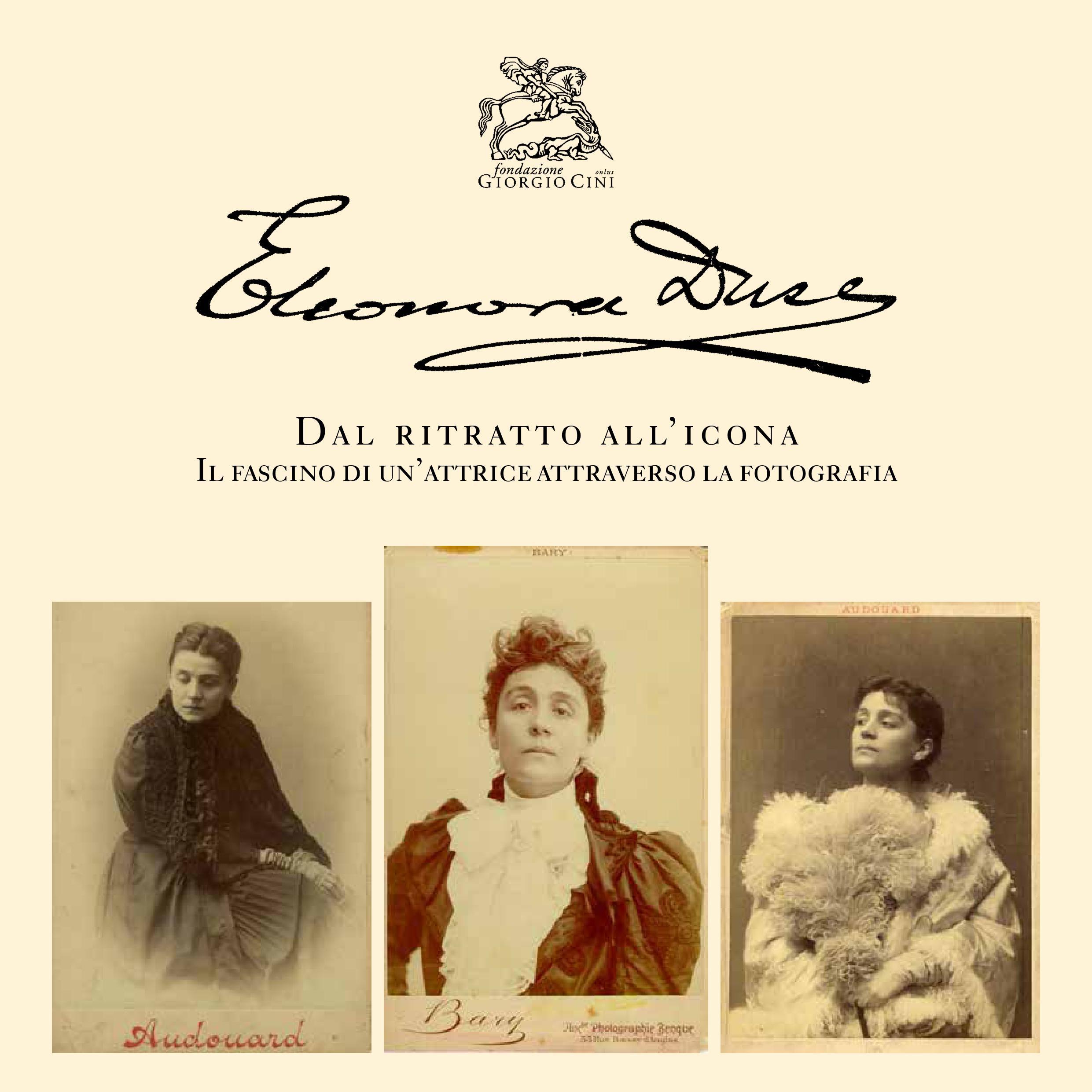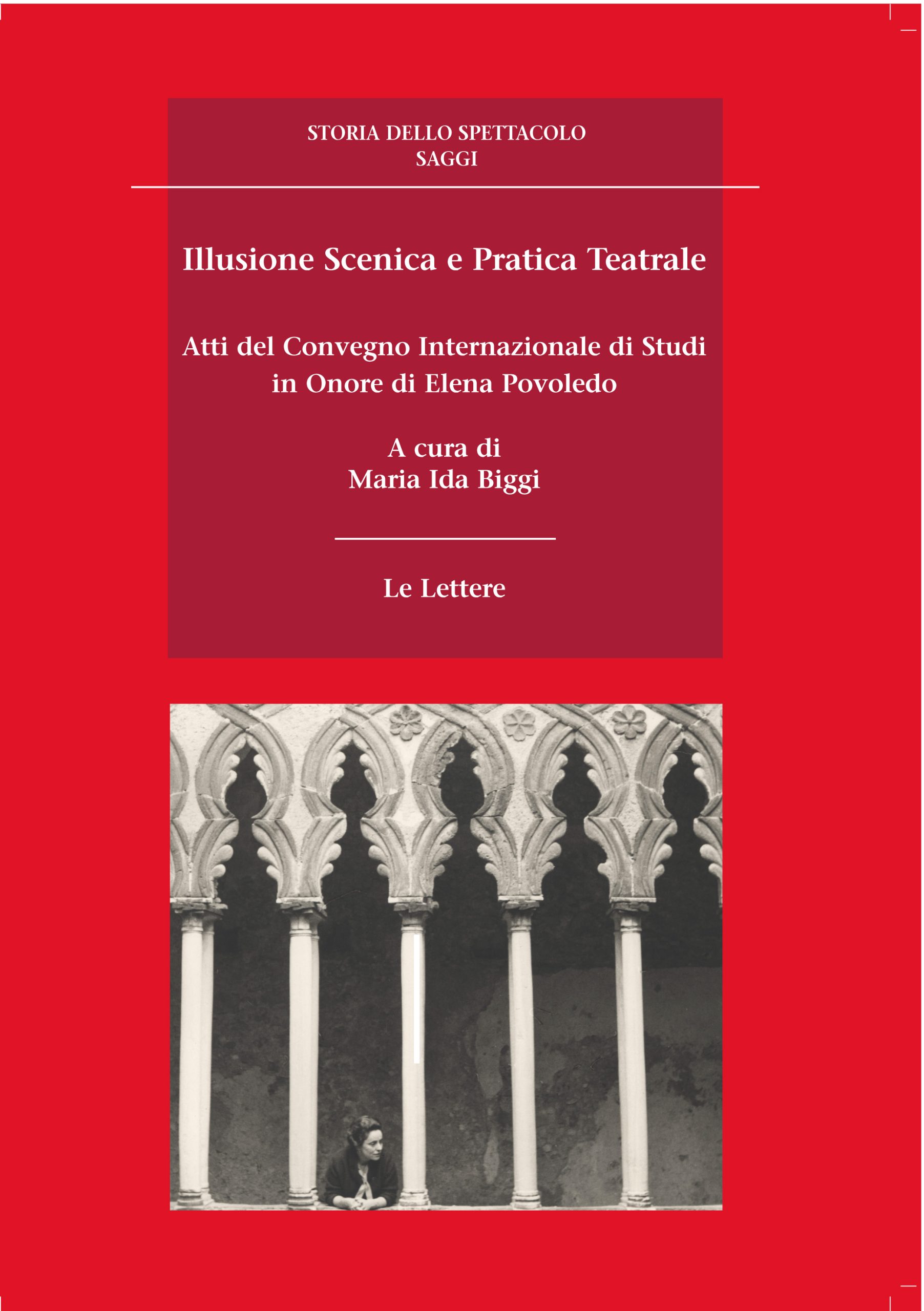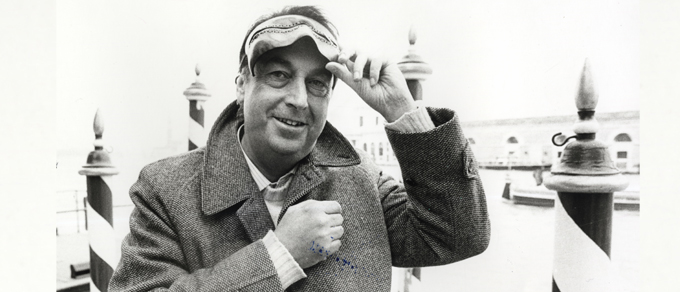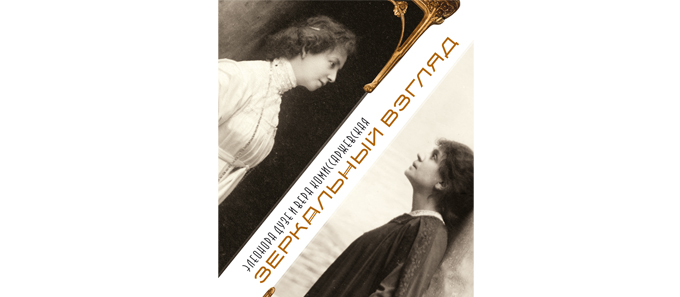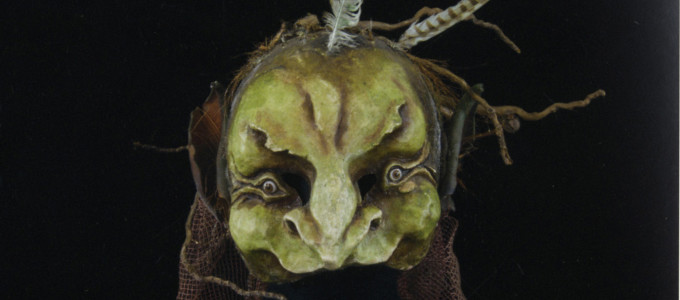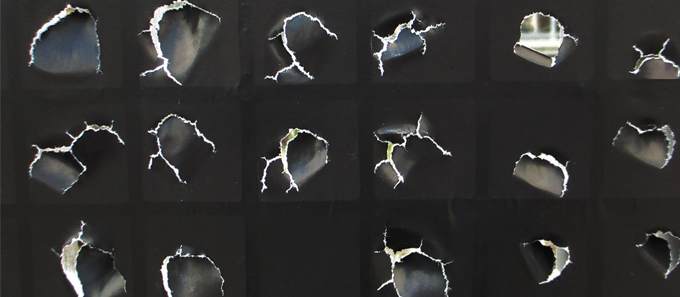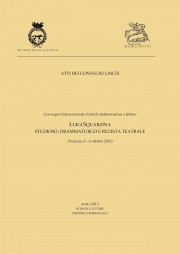From 24 al 30 July 2017, the Fondazione Giorgio Cini Institute of Theatre and Opera is hosting a workshop entitled The Music of the Merchant: Musical Life in and around the Venetian Ghetto from Shylock’s Era, held by the Lucidarium Ensemble. The workshop is the next stage in a large three-year project, Shakespeare in and beyond the Ghetto: staging Europe across cultures, chosen by the European Commission following a 2016 call for proposals for Creative Europe Culture Cooperation Projects. Besides Ca’ Foscari University, Venice, and the Fondazione Giorgio Cini, the international partners in the European project include the University of Warwick and Queen Mary University of London (England), Ludwig-Maximilians-Universität, Munich (Germany), and the Teatrul Municipal Tony Bulandra, Targoviste (Romania).
The workshop will explore the colourful variety of repertoires that characterised the 16th-Century Venetian soundscape: dances and mascherate associated with Commedia dell’Arte and Carnival; Jewish songs in Yiddish, Italian and Spanish, borrowed from 16th-century sources; and liturgies, paraliturgies and piyyutim (liturgical chanted poems) from the Jewish oral tradition in Italy. In a week of intensive studies, there will be an analytical focus on the music that ordinary people listened to in their daily lives or during celebrations and festivities, and especially in the Ghetto. In addition to studying vocal, instrumental and mixed ensembles, the workshops will tackle the Jewish repertoire in sessions on singing and early percussion instruments. There will also be lessons on the lute, wind instruments, tambourines, percussions and the dulcimer. Another important area of study will concern how to study and perform music repertoires that have only survived in partial form.
The workshop is organized in collaboration with Haute école de musique, Genève, and is addressed to singers and instrumentalists interested in Jewish and Renaissance music.
The deadline for applications is 15 April 2017.
For further information:
http://www.lucidarium.com/summer-course-music-of-the-merchant/

